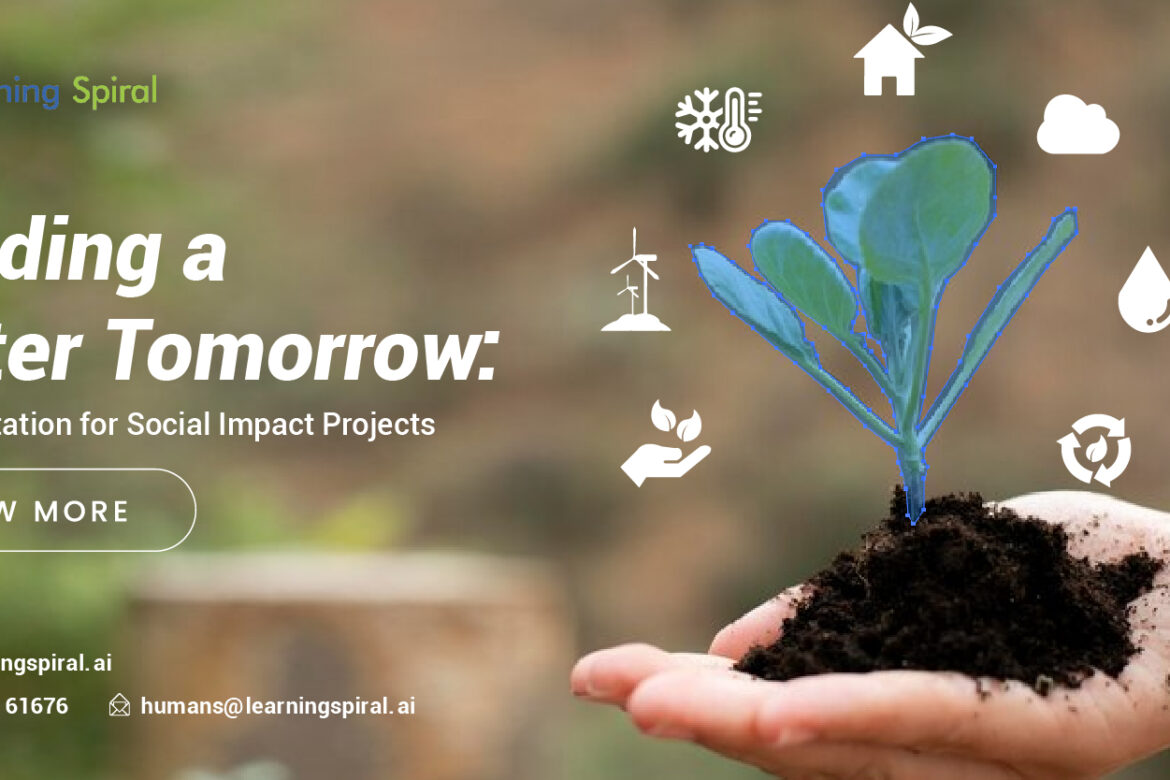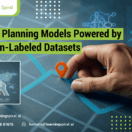The world faces a multitude of challenges, from eradicating poverty and hunger to ensuring quality education and environmental sustainability. While technology holds immense potential to address these issues, artificial intelligence (AI) often requires a crucial human element: data annotation. This meticulous process of labeling data with relevant information lies at the heart of training AI models for social good.
How Data Annotation Empowers AI for Social Impact
Data annotation takes various forms.
Images of wildlife can be labeled to train AI for conservation efforts, identifying endangered species or monitoring illegal poaching activities. Educational content like textbooks and lectures can be annotated to develop AI-powered tutors that personalize learning experiences for students in underserved communities.

Medical scans labeled with specific disease markers can empower AI to detect illnesses earlier and with greater accuracy, leading to improved healthcare outcomes.
The benefits of data annotation for social impact projects are multifaceted:
- Enhanced Efficiency:
AI models trained on labeled data can automate tasks currently performed by humans, freeing up resources for more critical activities. For instance, AI-powered analysis of satellite imagery can expedite disaster response efforts, allowing aid workers to focus on immediate relief.
- Improved Accessibility:
AI-powered solutions can make essential services more accessible to underserved communities. AI tutors trained on labeled educational data can provide personalized learning support to children in remote areas with limited access to qualified teachers.
- Data-Driven Decisions:
Insights derived from labeled data can inform better decision-making in the social sector. Labeled environmental data can help authorities track deforestation patterns and formulate targeted policies to protect endangered ecosystems.
Challenges and Considerations
While data annotation offers a powerful tool for social good, it comes with its own set of challenges:
- Data Bias:
Labeled data can perpetuate existing biases if not carefully curated. For instance, an AI model trained on imbalanced datasets might favor certain demographics in education or healthcare, exacerbating existing inequalities. It’s crucial to ensure diversity in the data and the labeling workforce to create fairer AI solutions.
- Data Privacy:
Data labeling often involves sensitive information, such as medical records or student data. Robust security measures and adherence to data privacy regulations are essential to protect individual privacy.
- Resource Constraints:
Creating high-quality labeled datasets can be expensive and time-consuming. Social impact projects often operate with limited resources. Exploring innovative labeling techniques, leveraging citizen science initiatives where volunteers contribute data, and utilizing cost-effective annotation platforms can help overcome these challenges.
Building a More Equitable Future
As technology evolves, data annotation for social good projects will play a vital role in driving positive change. Here are some promising trends:
- Focus on Explainability:
Developing AI models that can explain their reasoning will foster trust and transparency in AI-powered solutions for social good. This ensures that AI interventions are fair and unbiased.
- Standardization of Labeling Practices:
Developing standardized labeling guidelines for specific social impact areas can improve data quality and efficiency across projects.
- Collaboration and Knowledge Sharing:
Collaboration between social sector organizations, data scientists, and annotation service providers can lead to more effective and impactful AI solutions. Knowledge sharing and best practices can accelerate progress in this crucial field.
Conclusion
Data annotation is not just a technical process; it’s a bridge between human ingenuity and technological advancement. By addressing the challenges and embracing innovative approaches, data annotation can unlock the full potential of AI to create a more equitable and sustainable future.
As we harness the power of AI for social good, let us remember that responsible data practices and a focus on human well-being must remain at the forefront of our endeavors.




